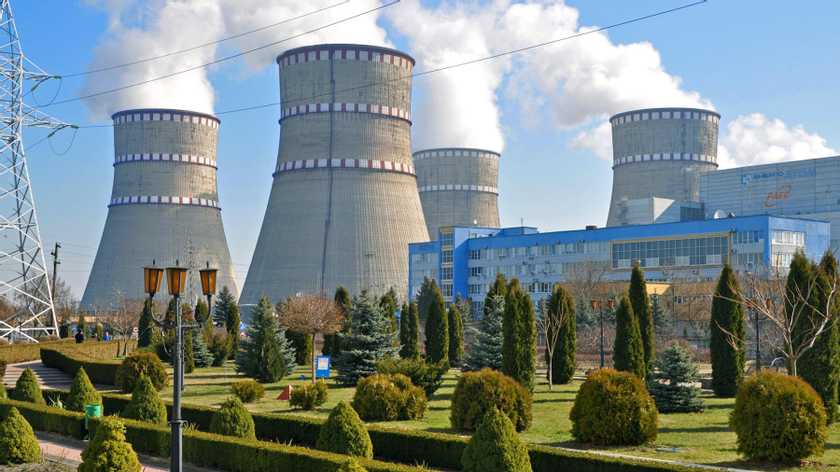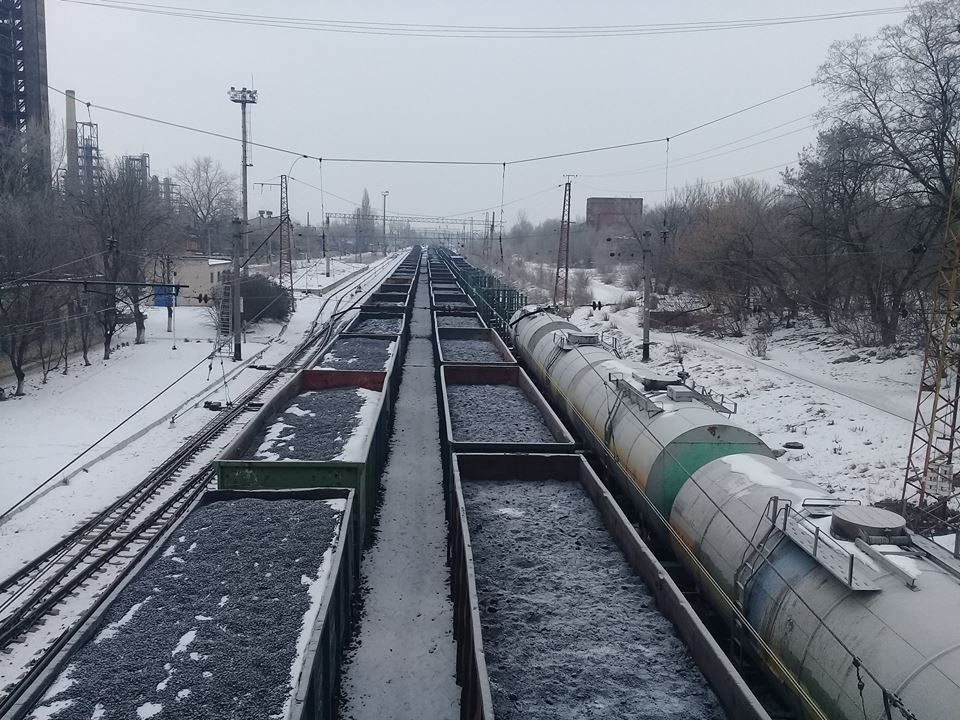Currently, nuclear power plants cover 60% of electricity generation in Ukraine. This is up from 52% in 2020 and less than 50% in the previous years. This tendency is partially explained by the poor condition of thermal power plants that are undergoing repairs, but especially by the shortage of coal this year. As of 19 December, 20 units of thermal power plants were not working because of the lack of fuel.
As reported in our previous article, Ukraine imports about one-third of coal for its power plants, with 20% of coal imported from Russia. Russia abruptly cut these imports in November, along with halting gas transit through Ukraine and preventing coal imports from Kazakhstan. However, the government assured it controls the situation, despite Russia's destabilization of the energy markets and lack of coal.
Triple disconnection: how Russia seeks to destabilize Ukraine’s gas, electricity, and coal markets
Four ships with coal have already arrived in Ukraine from the US and Columbia and several more are expected in January. As this coal is still not sufficient, the government apparently decided to increase nuclear electricity generation and switch some thermal power plants to gas.
In particular, on 22 December 2021, two Ukrainian nuclear power plants, the Zaporizhzhia and South Ukrainian ones, started generating electricity at their record highest capacity ever. Also, four thermal power plants switched to gas instead of coal on 18 December.
On 24 December, Ukraine’s minister of energy Herman Halushchenko said that the situation is stable and Ukraine “is smoothly going through the heating season.” In particular, he said:
"As of December, the planned volume of coal is about 1.8 million tons, of which own production is about 1.5 million tons and about 650 thousand tons will be imported by sea."
However, if part of thermal power plants will work on gas instead of coal, experts are not sure Ukraine can pass the heating seasons without any problems.
In particular, the think tank Economic Security Council of Ukraine writes in a shared with Euromaidan Press that gas shortages are likely to occur in February because of technical difficulties with gas transit to the customer, when there remains little gas and pressure in the system becomes lower:
“Gas reserves are insufficient to secure gas supply in the cold season. According to the current trend, reserves will keep on a level of 11 billion cubic meters at the beginning of February. This amount will slow down the speed of taking gas from the storage and result in a supply gap of 30 million cubic meters per day in the cold weeks of February, causing Ukraine to limit consumption. To avoid this, Ukraine should purchase more gas reserves, which is barely possible given the current gas prices.”
Analysts also mention that the central heating system in cities is co-dependent on thermal power plants. Therefore, a shortage of coal and natural gas may cause problems not only with electricity generation but also heating.

The strategic issue that adds difficulty to energy security is the technical condition of both nuclear and thermal power plants, some of which are already outdated yet functioning. Last year has seen a record level of breakdowns in Ukrainian thermal power plants, 80% of which are owned by the country's richest oligarch Rinat Akhmetov.
Being among the main sources of industrial pollution in Ukraine, these plants should be replaced by new ones, including wind and solar plants. This process, however, was hampered last year by the governmental decision to reduce Ukraine’s green tariffs for producers of electricity. Only in November 2021, the government declared it will pay according to the treaties.
Making Ukraine green again: how to keep the renewable “energy miracle” going





